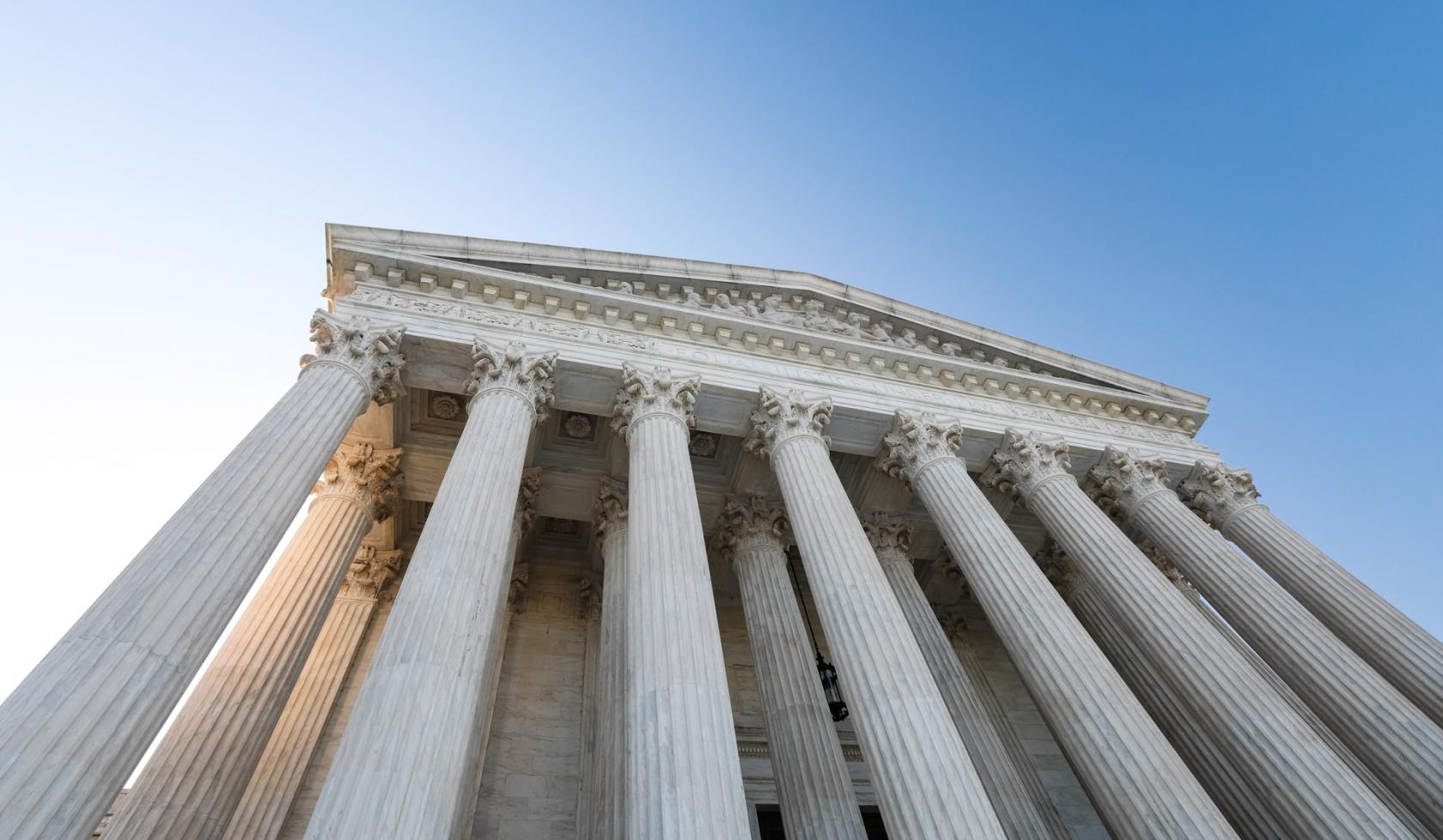
Federal Court Rejects NAACP, Common Cause Call to Halt Unfair FL Voting Map

FOR IMMEDIATE RELEASE
April 3, 2024
Contact: Alicia Mercedes, amercedes@naacpnet.org
TALLAHASSEE, FL — Last week, a federal court in Florida ruled that Gov. Ron DeSantis' congressional map that intentionally silences Black voters can remain in place for the 2024 election. The case,Common Cause Florida v. Byrd, which the Florida State Conference of the NAACP was a plaintiff in, stems from the 2022 congressional map DeSantis forced through the legislature in a discriminatory process that robbed Black Floridians of fair representation in Washington.
In his concurring opinion, Judge Jordan recognized that the Governor acted with race as a motivating factor. "It bears repeating that between 1992 and 2022 Benchmark CD-5 and its predecessor — the former CD-3 — enabled Black voters in North Florida to begin the difficult work of undoing more than a century of voter discrimination," Jordan wrote. "For three short decades, they experienced the promise of representative democracy."
"Let's be clear - Ron DeSantis and his administration have made no attempt to veil their anti-Black agenda. This decision from the court is a disappointing blow to our access to the ballot box, and our faith in the justice system," said Janette McCarthy Wallace, NAACP General Counsel. "Despite any obstacles we may face, the NAACP remains committed to fighting back against unconstitutional attempts to dilute our vote, while working tirelessly to mobilize the Black electorate. We must do everything in our power to advance justice for our culture, and our community. The fight for fair elections is far from over."
The ruling, which acknowledged Florida's "long and turbulent history of denying and suppressing the electoral voice of Black Americans," upholds the destruction of former CD-5 across north Florida, in Florida's former "Slave Belt", even while clearly acknowledging that the Black population currently residing in north Florida descend from those enslaved men and women and comprise a large share of Florida's overall Black population today.
"The court has failed Black Floridians. Failed to protect us from intentional discrimination seeking to limit our collective voice on the basis of race. But setbacks and injustices like this are not new. We will keep fighting for Black communities in Florida to be heard. And we will triumph in the end because when the people fight together, the people win," said Adora Obi Nweze, president of the NAACP Florida State Conference.
A coalition of nonpartisan voting rights groups, including the Florida State Conference of the NAACP, Common Cause Florida, Fair Districts Now, and individual voters sued the state over the unfair map. The groups argued that the map violated the fourteenth and fifteenth amendments of the U.S. Constitution, which prohibit intentional discrimination and give voters the freedom to elect a candidate of their choice.
Patterson Belknap Webb & Tyler LLP, the Southern Coalition for Social Justice, the NAACP Office of General Counsel, and Bedell, Dittmar, DeVault, Pillans & Coxe represented the voting rights groups in the federal case.
To view a copy of the court's decision, click here.
###
About NAACP
The NAACP advocates, agitates, and litigates for the civil rights due to Black America. Our legacy is built on the foundation of grassroots activism by the biggest civil rights pioneers of the 20th century and is sustained by 21st century activists. From classrooms and courtrooms to city halls and Congress, our network of members across the country works to secure the social and political power that will end race-based discrimination. That work is rooted in racial equity, civic engagement, and supportive policies and institutions for all marginalized people. We are committed to a world without racism where Black people enjoy equitable opportunities in thriving communities.
NOTE: The Legal Defense Fund – also referred to as the NAACP-LDF - was founded in 1940 as a part of the NAACP, but now operates as a completely separate entity.